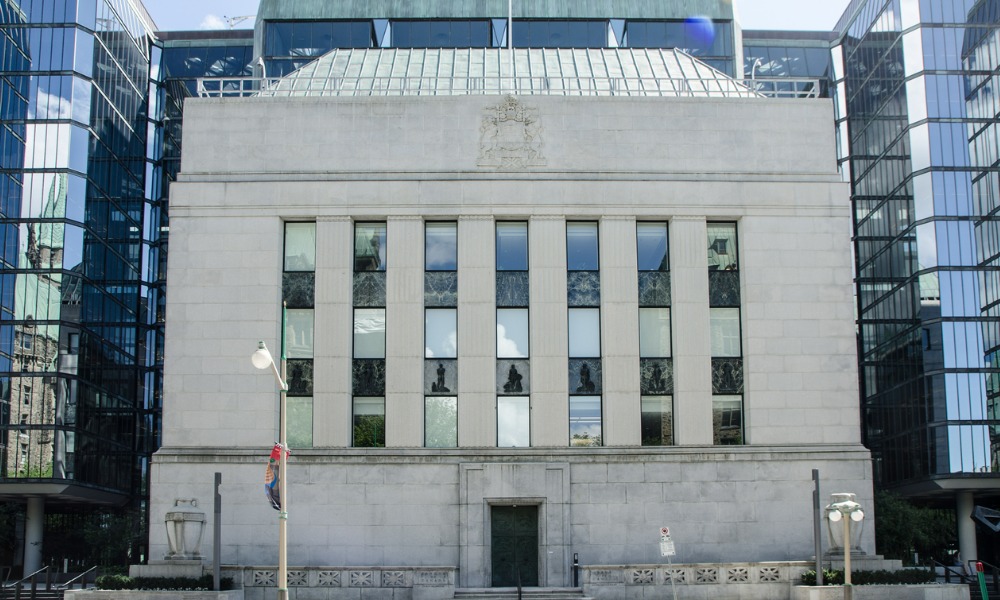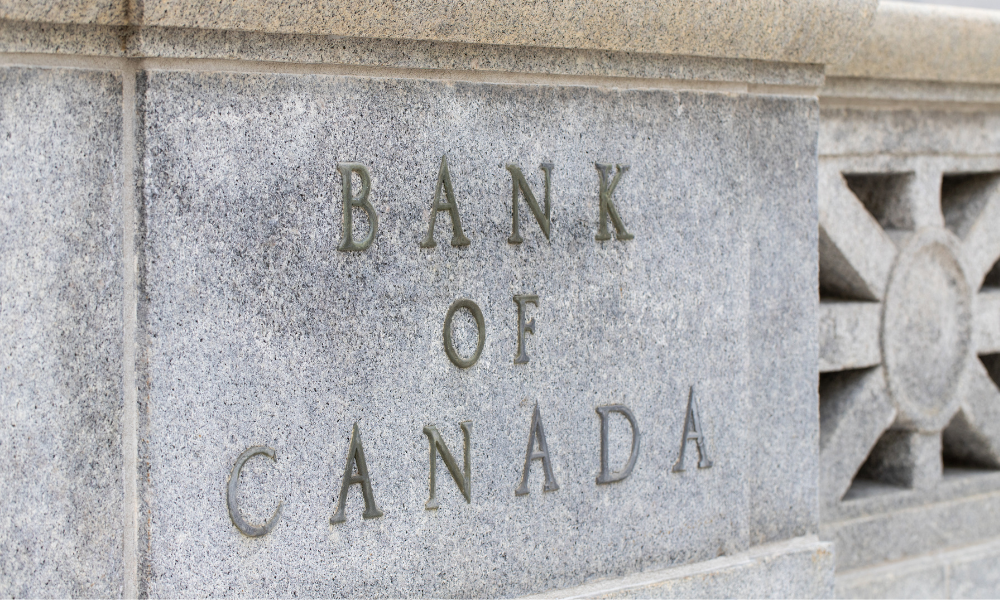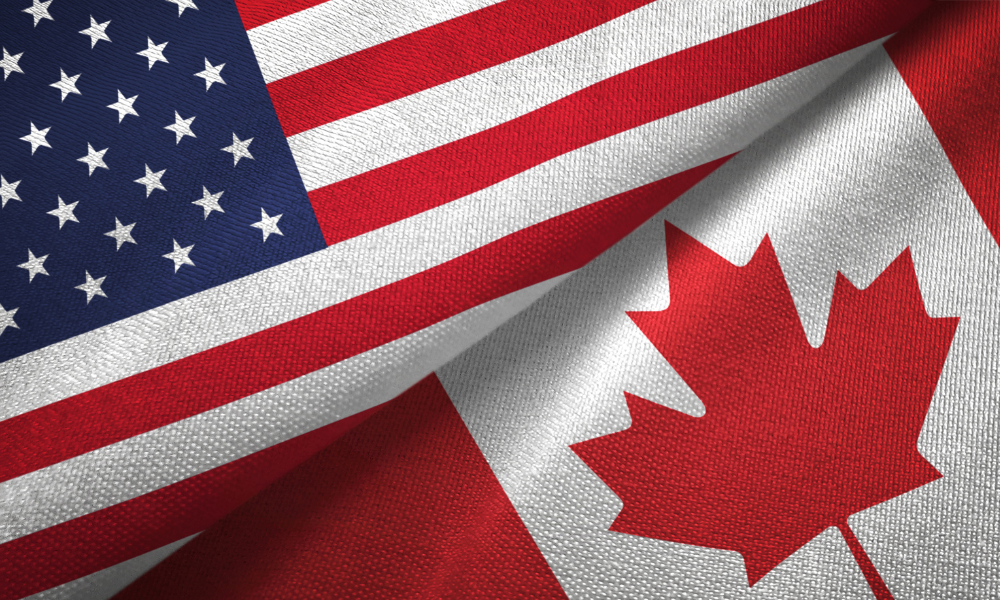Challenging economic conditions raise prospects of protracted Bank of Canada campaign for price stability

Analysts predict that Canadian inflation may peak in June, but won't likely return to the central bank's 2% target until 2024 when less volatile goods like wages and rent take the place of energy as the main sources of price pressure.
The Bank of Canada (BoC) has increased its benchmark interest rate by 225 basis points, to reach 2.50%, since March in an effort to bring inflation back to the target range. This is the largest single increase by a G7 nation during this economic cycle, reported Reuters.
If the economy enters a recession as some economists predict, a sluggish crawl back to target could make the central bank less willing to switch to interest rate reductions next year.
Earlier this month, there were mounting hopes that the central bank will start lowering interest rates as early as next March.
But as Josh Nye, senior economist at Royal Bank of Canada, told Reuters: "Even with the economy likely to see a mild recession next year, we think it will take until 2024 to get inflation back to target, or reasonably close.”
According to the Bank of Canada's most recent estimate released in July, the economy would escape a recession and inflation would return to 2% by the end of 2024.
From an almost 40-year high of 8.1% in June, Canadian inflation slowed to 7.6% in July due to reduced gasoline prices, but gauges of core price pressures, which exclude the most volatile components, such as energy, continued to rise.
Analysts believe the issue is that even if commodity price hikes and some supply limitations brought on by the COVID-19 pandemic and the Ukraine war ease, increases in slower-moving sources of inflation like salaries and rent are likely to remain persistent, or sticky.
"The biggest theme from this latest (inflation) reading is a significant rotation in where the most intense price pressures are coming from," Doug Porter, chief economist at BMO Capital Markets, said.
"The Bank can scarcely back down anytime soon, as it has a long-term battle on its hands reining in 5% core inflation,” he added.
Money markets currently predict that the central bank's benchmark interest rate will peak at roughly 3.75% in the first quarter of next year and stay close to that level through much of 2023, showing that investors appear to have taken notice.
The Federal Reserve might likewise have to fight hard to get inflation back on track. But its mandate requires it to look at both employment and price stability, as opposed to Canada's central bank's single objective of low inflation.
"The BoC is most likely biased towards taking the risk of overtightening rather than undertightening until they see enough evidence that demand is cooling," said Jimmy Jean, chief economist at Desjardins Group.



